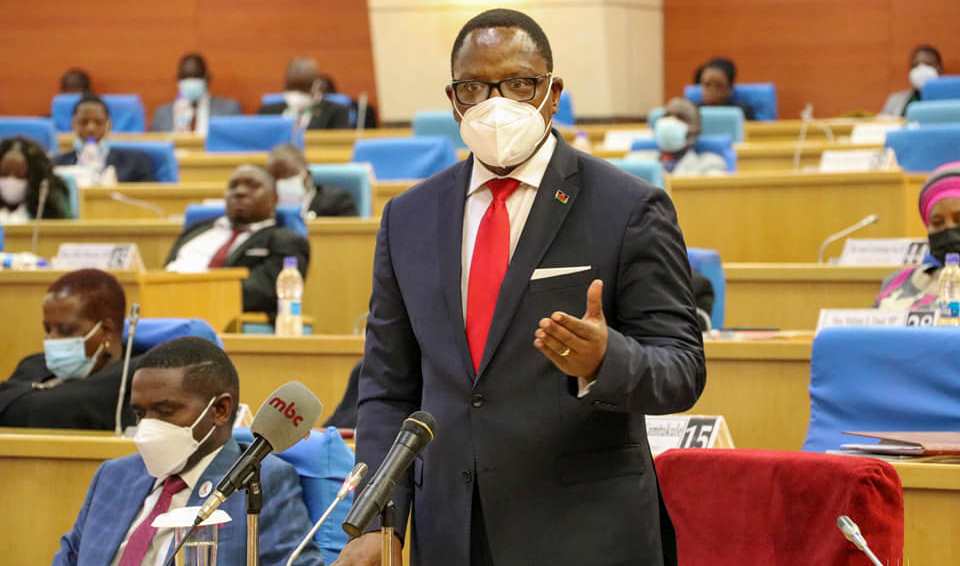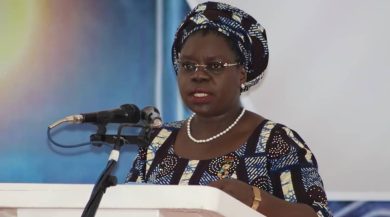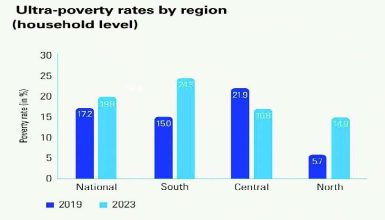EIU sees current account deficit narrowing
The Economist Intelligence Unit (EIU) says Malawi’s current account deficit is expected to narrow this year largely due to an increase in export earnings and a surge in nominal Gross Domestic Product (GDP).
The current account deficit— a measurement of a country’s trade where the value of goods and services it imports exceed the value of produce it exports—has traditionally been large averaging just under 19 percent of GDP in the past decade.

But in its brief contained in the Nico Asset Managers January report issued on Wednesday, the EIU sees a narrow current account deficit which is expected to contract from an estimated 15.8 percent in 2021 to 11.1 percent.
“The trade deficit will narrow as a proportion of GDP throughout 2022 and 2026 as export growth outpaces import spending growth and as economic growth quickens while work starts on capital projects, particularly in the energy sector,” reads the report in part.
The EIU also expects export earnings to increase between 2022 and 2026 owing to a gradual recovery in external demand.
“Increased export volumes of agricultural products, mainly soybeans, tobacco and tea, alongside higher global tea prices, will keep export earnings on an upward trajectory.
“On the other hand, commencement of marijuana exports from 2023 will also support export earnings. As a result, the more diversified export basket will also shield earnings from global price volatility during this period,” said the EIU.
Figures from the Reserve Bank of Malawi (RBM) show that Malawi’s external position weakened substantially in 2020 where the current account deficit widened by 5.9 percent to $1.8 billion (about K1.4 trillion) in 2020 from $1.7 billion (about K1.3 trillion) in 2019.
Similarly, merchandise trade closed the fourth-quarter of 2021 with a deficit of $610.3 million (about K490.72 billion) compared to a deficit of $484 million (about K389.36 billion) in the previous quarter.
Owing to the under performance of the current account, Malawi’s gross official reserves have lately been under pressure due to the country’s rising demand for imports.
Malawi’s economy is agro-based where Agricultural products dominate Malawi’s export basket accounting for about 80 percent of Malawi’s export basket, as such the country’s exports also depend on seasonality factors.
Economists have since warned that the country will continue to experience a wide current account deficit if it does not invest in sectors it is good at and expand its export basket.
Investment and advisory firm Bridgepath Capital Limited in its recent economic review report said the growing current account deficit remains an issue of concern as Malawi’s export earnings are concentrated in a narrow basket of agricultural goods.
Government is, however, currently implementing policies and strategies to narrow the trade gap.
Among other policies and measures, according to ministry of Trade spokesperson Mayeso Msokera, the country continues to build the export readiness of Malawi exporters and developing regional and global value chains.
President Lazarus Chakwera in his State of the Nation Address also indicated that Malawi is aiming to pursue emerging markets in Asia, especially India and China to boost its exports.





